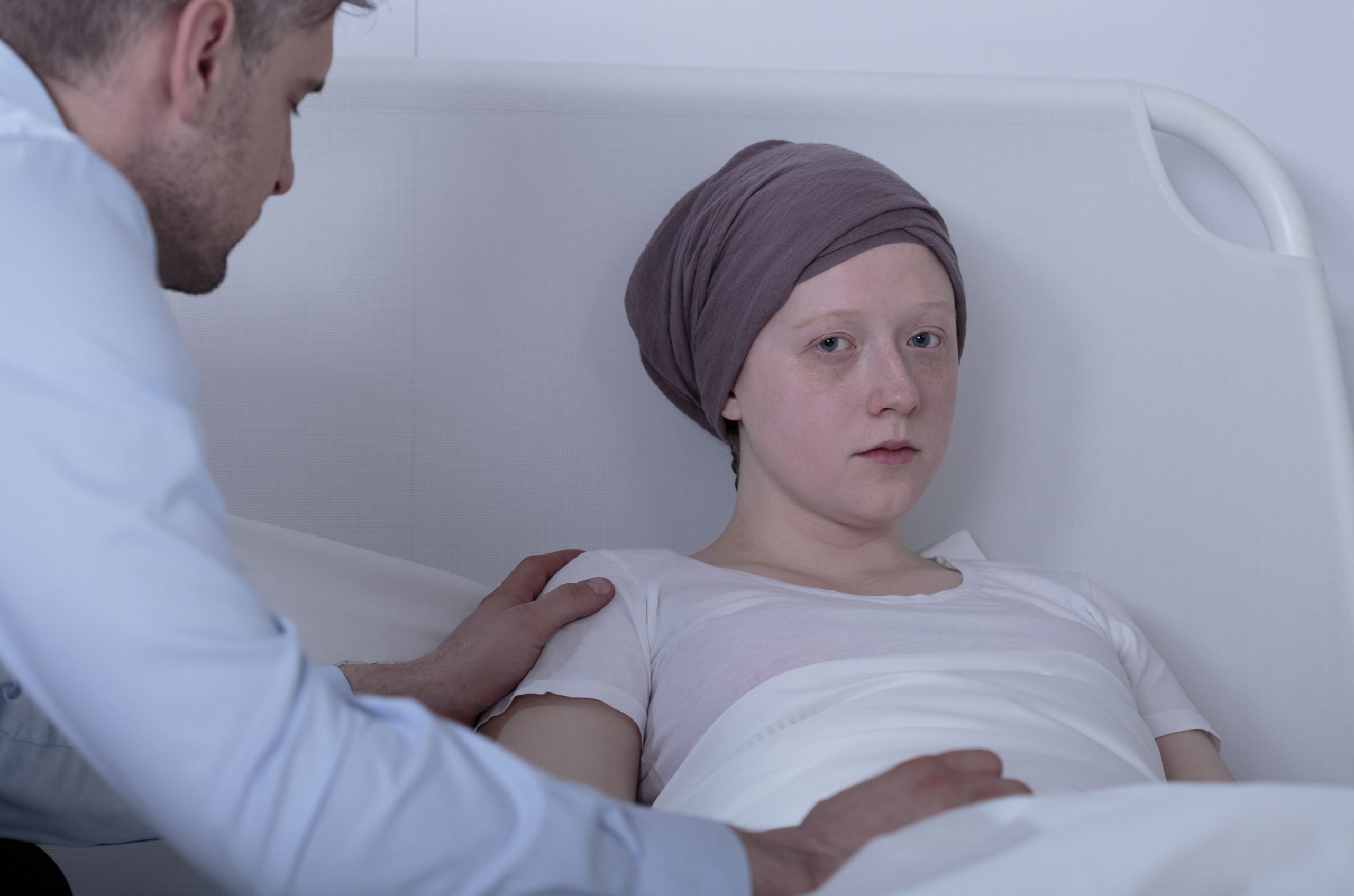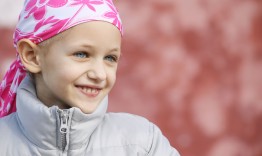
Effective therapies for NUT midline carcinoma
Funding: CLCRF Project Grant
(Jan 2014–Dec 2014)
Researcher: Associate Professor Alex H Beesley
NUT Midline Carcinoma (NMC) is a terribly aggressive cancer affecting both children and adults alike, and for which survival is typically less than one year. There is currently no cure for NMC and yet we know from our experience with childhood leukaemia that cures for apparently fatal cancers can be developed. Current treatments for NMC have essentially been adapted from those used in other cancers but this approach clearly is not working. There are a large number of ‘conventional’ chemotherapy drugs available for doctors to treat such patients, but to date there has been no evidence to guide them as to which might be the most effective. There is also growing evidence that some drugs used in non-cancer diseases (e.g. metabolic disorders), may be effective against tumours.
Thanks to the support of the CLCRF, we have now expanded what was originally a small collection of three NMC cell lines derived from patients treated at Princess Margaret Hospital, to a total of 11 such cell lines – to our knowledge, the most comprehensive collection of NMC cell lines in the world. By studying these lines we have learnt that NMC is comprised of at least five distinct genetic subtypes, and this is likely to have important implications for drug therapy and clinical outcomes.
In preliminary studies we tested a subset of these cell lines against a large number of conventional and novel drugs and identified the types of drug that seemed to be most effective. In collaboration with the Children’s Cancer Institute in Sydney, we are now using the extended NMC cell line panel to further refine these findings. The initial data from this screen has already revealed some surprising results, in that certain drugs that were thought to be highly effective in this disease are apparently not effective in every NMC subtype. This has important clinical ramifications since this drug class is now in clinical trial for NMC.
The data also supports our previously published work suggesting that the drug flavopiridol may be an attractive chemotherapy in this disease, since it has so far proven to be effective in all NMC cell lines tested. Over the next 12 months we will therefore confirm exactly which drugs and drug classes are most effective against these cancer cells. We will also study potential mechanisms of resistance to flavopiridol in cancer cells using a model system that we have established in the laboratory over the last few years. Finally, we will also investigate how some of these drugs, rather than just through simple toxicity, also affect the way the cancer cells grow and mature. These data will be integrated with the genetic studies to help identify the key biological pathways driving this dreadful disease and the most promising therapy approaches.
Similar Project
Therapy & molecular genetics of leukaemia in infants
Funding: Triennial Block Grant
(2012–2015)
Researcher: Professor Ursula R Kees
Molecular genetics of childhood tumours
Funding: Million Dollar Recognition Award
(2012–2017)
Researcher: Professor Ursula R Kees
Targeting therapy & disease outcomes in paediatric cancer
Funding: CLCRF Research Fellowship
(2010–013; 2013–2016)
Researcher: Associate Professor Alex H Beesley
Morpholino therapy for childhood cancer
Funding: CLCRF Project Grant
(Jan 2014–Dec 2014)
Researcher: Associate Professor Alex H Beesley




